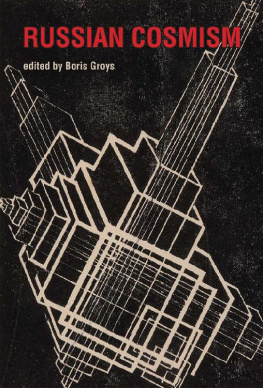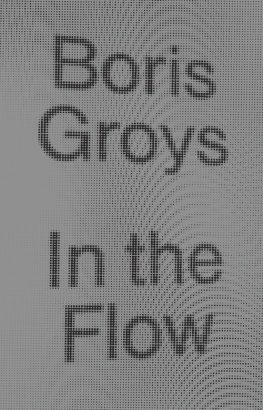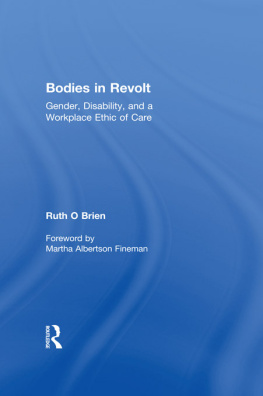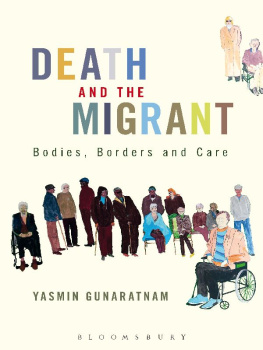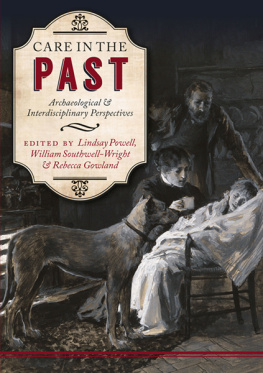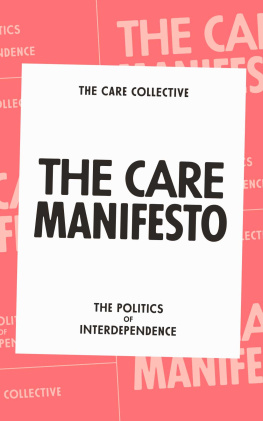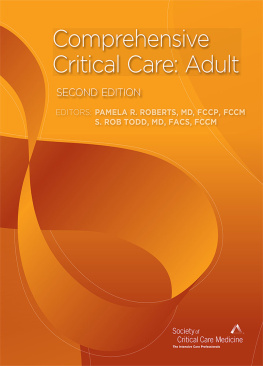Contents
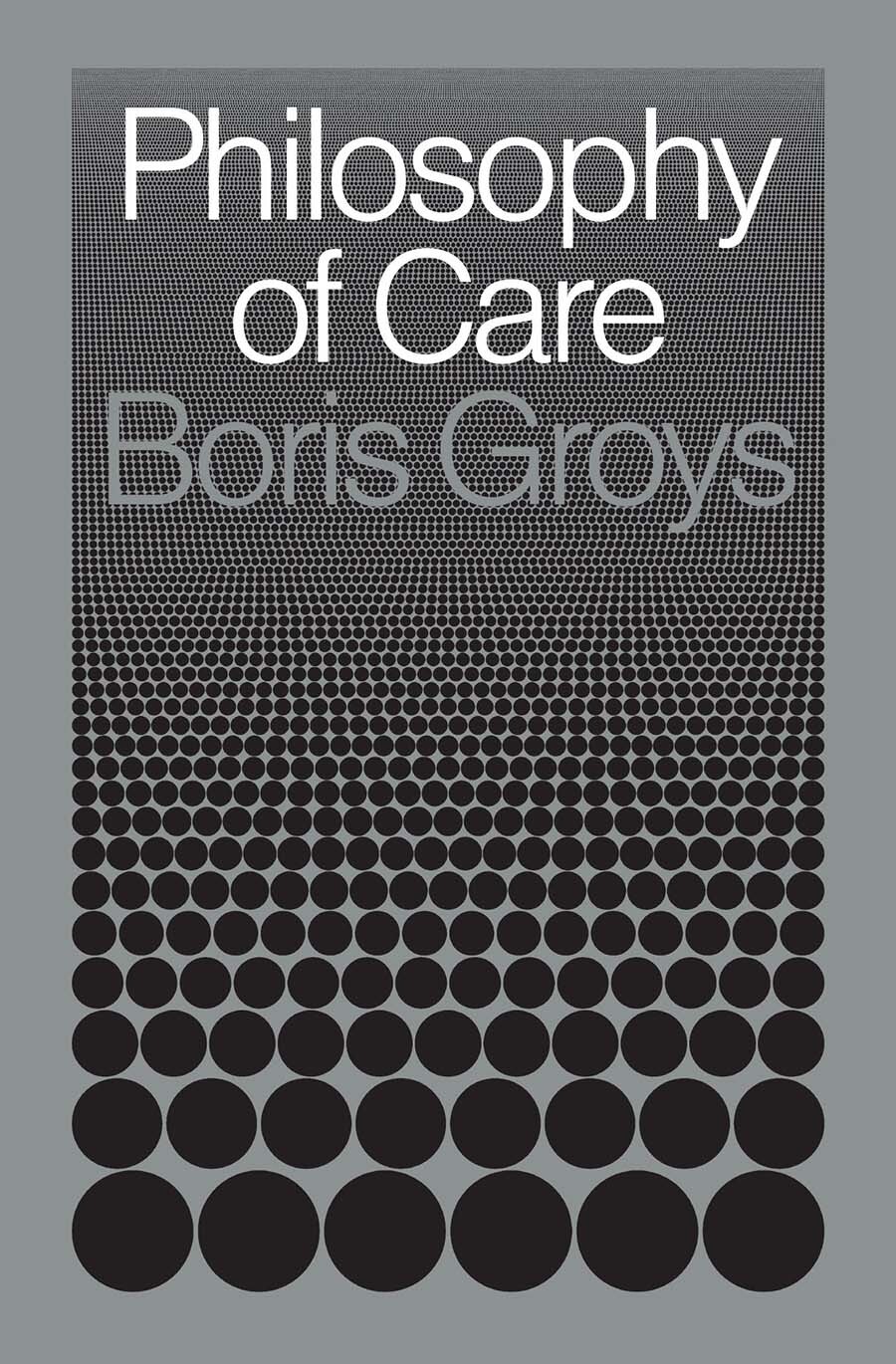
Philosophy of Care
Philosophy of Care
Boris Groys

First published by Verso 2022
Boris Groys 2022
All rights reserved
The moral rights of the author have been asserted
1 3 5 7 9 10 8 6 4 2
Verso
UK: 6 Meard Street, London W1F 0EG
US: 20 Jay Street, Suite 1010, Brooklyn, NY 11201
versobooks.com
Verso is the imprint of New Left Books
ISBN-13: 978-1-83976-492-9
ISBN-13: 978-1-83976-494-3 (UK EBK)
ISBN-13: 978-1-83976-495-0 (US EBK)
British Library Cataloguing in Publication Data
A catalogue record for this book is available from the British Library
Library of Congress Cataloging-in-Publication Data
Names: Gros, Boris, author.
Title: Philosophy of care / Boris Groys.
Description: London ; New York : Verso, 2022. | Includes bibliographical references and index.
Identifiers: LCCN 2021041763 (print) | LCCN 2021041764 (ebook) | ISBN 9781839764929 | ISBN 9781839764943 (UK ebk) | ISBN 9781839764950 (US ebk)
Subjects: LCSH: Caring.
Classification: LCC BJ1475 .G765 2022 (print) | LCC BJ1475 (ebook) | DDC 177/.7--dc23
LC record available at https://lccn.loc.gov/2021041763
LC ebook record available at https://lccn.loc.gov/2021041764
Typeset in Minion Pro by Hewer Text UK Ltd, Edinburgh
Printed and bound by CPI Group (UK) Ltd, Croydon CR0 4YY
Contents
In contemporary societies the most widespread mode of work is care work. The securing of human lives is regarded by our civilization as its supreme goal. Foucault was right when he described modern states as biopolitical. Their main function is to take care of the physical well-being of their populations. In this sense, medicine has taken the place of religion, and the hospital has replaced the Church. The body rather than the soul is the privileged object of institutionalized care: health replaced salvation. Physicians assumed the role of priests because they are supposed to know our bodies better than we do much as the priests claimed to know our souls better than we did. However, the care of human bodies goes far beyond medicine in the narrow sense of this word. State institutions do not only care for our bodies as such, but also for the housing, food and other factors that are relevant for keeping our bodies healthy for example, public and private transportation systems take care of the passengers bodies being delivered to their destinations undamaged, while the ecological industry takes care of the environment to make it more fitted for human health.
Religion cared not only for the life of the soul in this world but also for its fate after it had left its body. The same can be said about contemporary, secularized institutions of care. Our culture is permanently producing extensions of our material bodies: photographs, documents, videos, copies of our letters and emails and other arte-facts. And we participate in this process by producing books, artworks, films, websites and Instagram accounts. All these objects and documents are kept for some time after our death. That means that, instead of a spiritual after-life for our souls, our care institutions are securing the material after-life of our bodies. We take care of cemeteries, museums, libraries, historical archives, public monuments and places of historical significance. We preserve cultural identity, historical memory and traditional urban spaces and ways of life. Every individual is included in this system of extended care. Our extended bodies can be called symbolic bodies. They are symbolic not because they are somehow immaterial but because they allow us to inscribe our physical bodies into the system of care. Similarly, the Church could not care for an individual soul before its body was baptized and named.
Indeed, protection of our living bodies is mediated by our symbolic bodies. Thus, when we go to a physician, we have to present a passport or other identity papers. These papers describe our bodies and their history: male or female, place and date of birth, colour of hair and eyes, biometric photographs. Beyond that we must indicate our postal address, phone number and email address. We must also present our health insurance card or arrange to pay privately. That presupposes that we can prove that we have a bank account, a profession and workplace, or a pension or some other relevant social benefits. Not accidentally, when we go to see a physician, they start by asking us to fill out a huge mass of different documents, including a history of our previous illnesses, and sign our consent to eventual disclosure of our private data and waivers concerning all the consequences of our treatment. The doctor examines all this documentation before examining our bodies. In many cases, physicians do not examine our physical bodies at all the examination of documentation seems to be sufficient. That demonstrates that the care of our physical bodies and their health is integrated into a much bigger system of surveillance and care that controls our symbolic bodies. And one suspects that this system is less interested in our individual health and survival than in its own smooth functioning. Indeed, the death of an individual does not change a lot in its symbolic body it leads only to the issuing of the certificate of death and some additional papers related to the funeral procedure, positioning of the grave, design of a coffin or urn and other similar arrangements. There are only slight changes in our symbolic bodies that turn them in symbolic corpses.
It seems that the system of care objectifies us as patients, turns us into living corpses and treats us as sick animals and not as autonomous human beings. However, fortunately or unfortunately, this impression is far from the truth. In fact, the medical system does not objectify but rather subjectifies us. First of all, this system begins to care about an individual body only if the patient appeals to this system because he or she feels unwell, sick, ill. Indeed, the first question that one is asked when one goes to a physician is: What can I do for you? In other words, medicine understands itself as a service and treats the patient as a customer. Patients must decide not only if they are ill or not but also which parts of their bodies are ill, because medicine is highly specialized and it is the patient who has to make the initial choice of the appropriate medical institution and type of doctor. Patients are the primary caretakers of their bodies. The medical system of care is secondary. Self-care precedes care.
We seek salvation through medicine only when we feel ill but not when we feel well. However, if we do not have any special medical knowledge we have only a vague understanding of how our body works. Indeed, we do not have any innate ability internally, through self-contemplation, to establish the difference between being healthy or sick. We can feel unwell but be actually quite healthy, and we can feel OK and yet be terminally ill. The knowledge about our bodies comes from outside. Our illnesses also come from outside as genetically predetermined or produced through infections, bad food or climate. All the advice about how to improve the functioning of our bodies and make them healthier also comes from outside be it sport or all possible kinds of alternative therapy or diet. In other words, to take care of our own physical body means, for us, to take care of something we know more or less nothing about.


